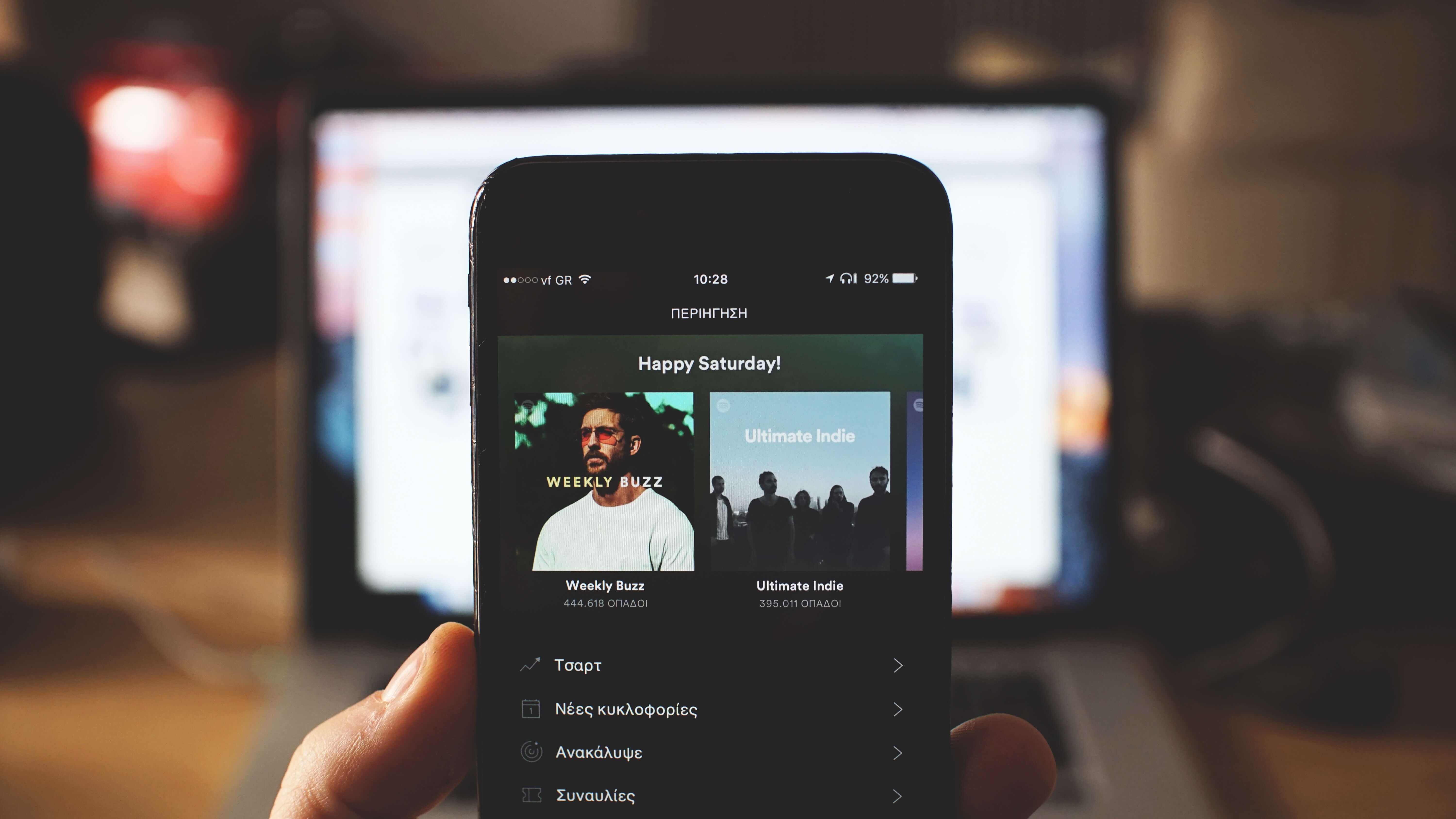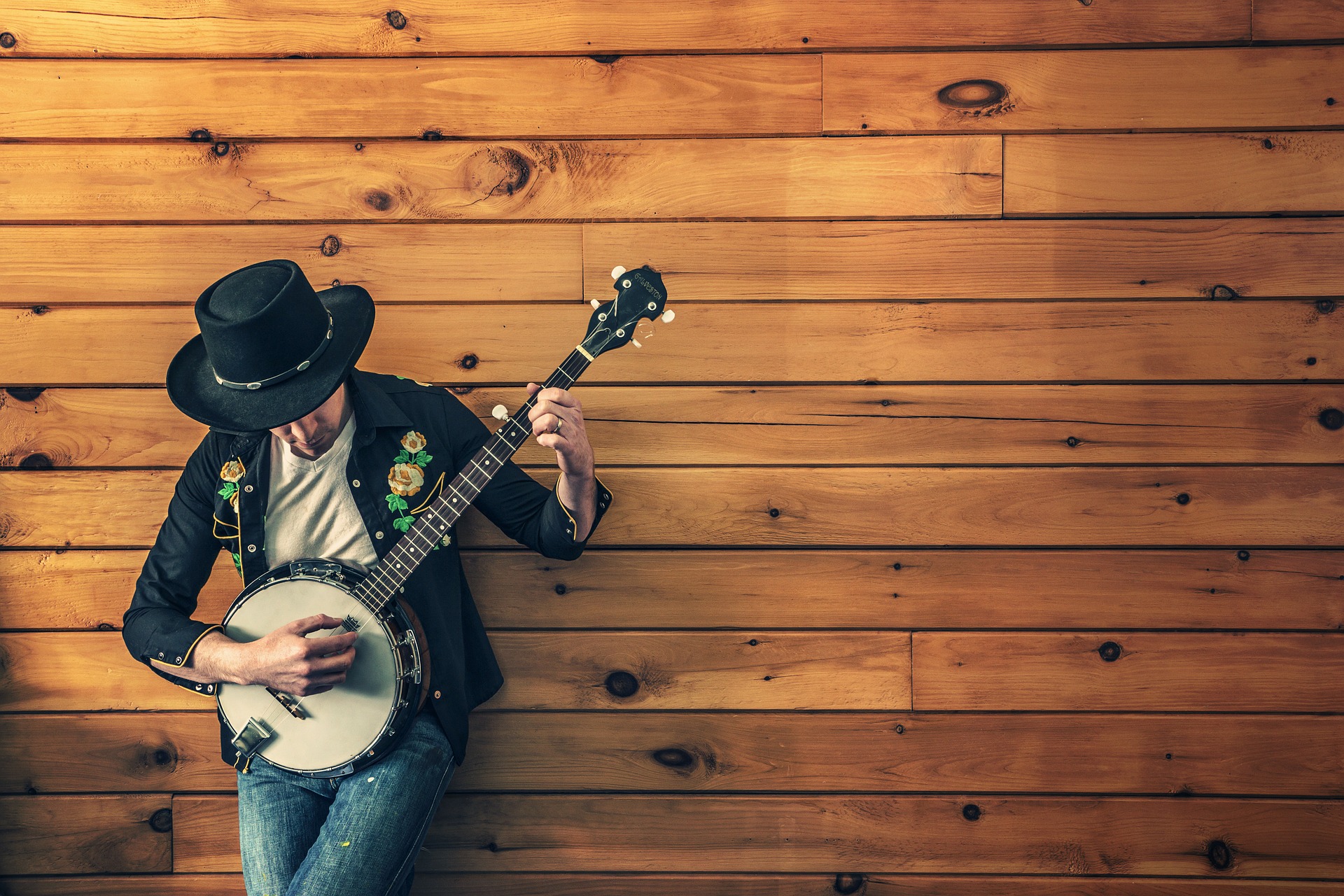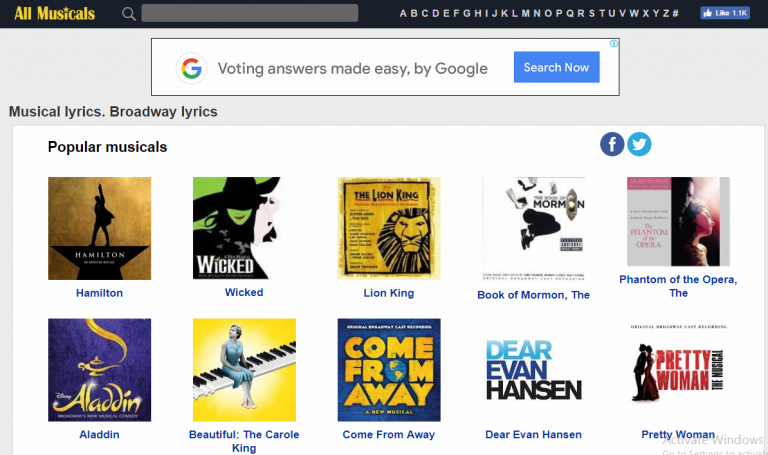I can still remember sitting at my ancient desktop computer in the early 2000s risking not only my computer’s health but also getting into a huge fight with my parents once they realized I had given my computer yet another virus to download my favorite band’s album off of LimeWire. Now I, like everyone who used LimeWire or any other site to download free music, knew I should have been paying for the music, but I was a kid and who cared- it was free! After all, Nelly was rich enough, I shouldn’t have to use my own money to listen to Hot In Herre on my Walkman CD player on my way to the bus stop. I, along with what seemed like everyone else in the world, was contributing to the decline in profits for those in the music industry.
Now that LimeWire and sites alike are practically extinct, you would think that the music industry would be on the rise again, but you would be wrong. Today, you can get “free” music without crashing your computer or risking any trouble from illegally downloading music. Apps and websites, like Spotify, are completely legal and can be completely free for users. Spotify makes streaming easy, convenient, and affordable, whether you pay $10 a month for a membership or listen to an ad every other song.
However, Spotify still makes money off of you whether you pay a membership fee or not due to those advertisements. You would think that money would go straight to the artists and Spotify would keep only a small percentage (after all it’s their music you’re listening to) but that’s just not the case. Even with millions of people streaming music on Spotify each month, the artists are not being compensated nearly as much as they should be for their music. That being said, unless you’re a superstar, you’re making next to nothing compared to what you should be making from Spotify. So basically unless you’re a Drake or Nicki of the world, that check may never come, and if it does you’d be lucky if it was enough to afford you your morning coffee.
So, what about new or local artists? Forget about it! Big musicians, while still being affected by Spotify negatively, are not hurting as bad as new talent. There isn’t even an option to search for new talent or artists in your area on Spotify. If you’re looking to discover some local gems you’re better off googling live music near me and hitting up a local bar or music venue. At least that way you know they’re making money from it whether the venue is paying them or you’re putting money directly in their tip jar. These new and local artists aren’t even getting a fair chance at streaming on apps like Spotify to make the small fraction of a penny per stream they are paying.
These free music apps like Spotify may be convenient and cost effective for us to use, but if we don’t support local and growing artists with our dollars they may not be able to continue creating music. With many excellent musicians today struggling to make it, you may not even get the chance to hear their music, especially if your music collection consists solely of the playlists you made on your Spotify account.
Read Also:





















